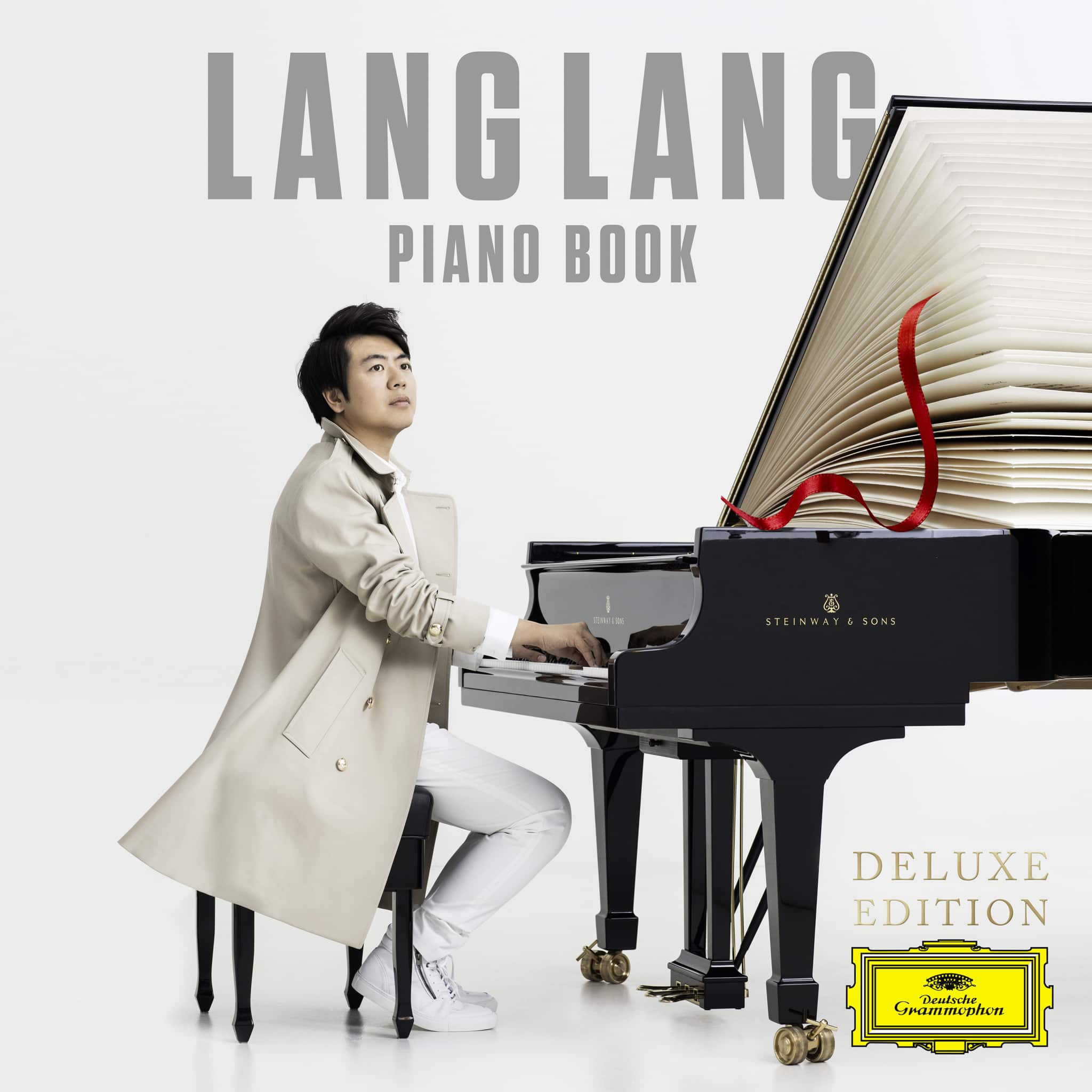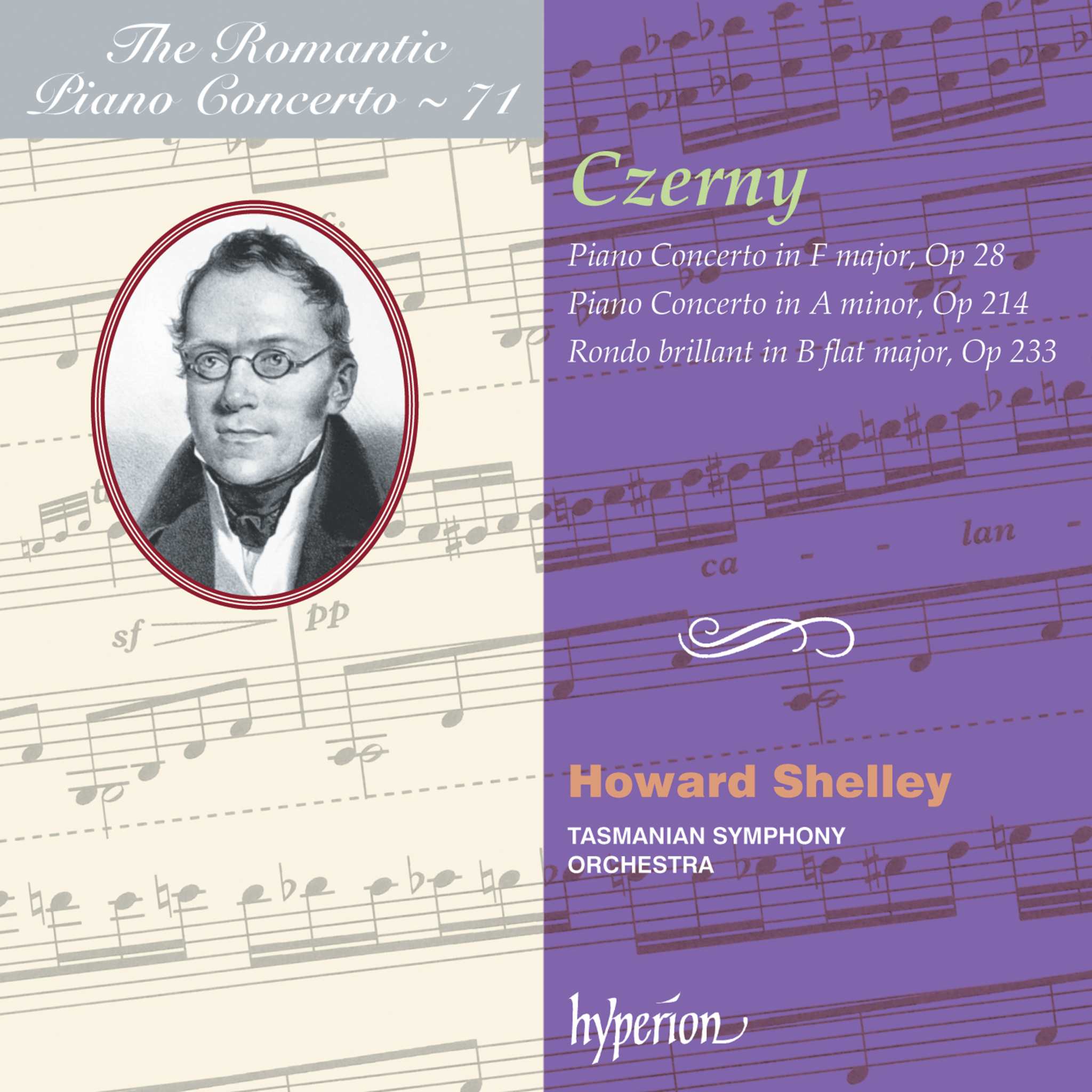Carl Czerny: Composer, Pianist, and Teacher
Carl Czerny (1791–1857) was an influential Austrian composer, pianist, and teacher of Czech origin, whose career bridged the late Classical and early Romantic eras. He is especially renowned for his prolific output—over a thousand works spanning symphonies, masses, chamber music, concertos, and, most notably, volumes of piano studies that remain staples of piano pedagogy today. Czerny was a child prodigy and an early student of Ludwig van Beethoven, a relationship that deeply influenced both his pianistic and compositional development.
Legacy in Piano Pedagogy
Czerny's most lasting impact lies in his contributions to piano technique and education. He began teaching piano from the age of 15 and, over the course of his career, guided a remarkable roster of students—some of whom became legendary musicians themselves. Czerny's pedagogical works have become essential repertoire for pianists in training. These works are praised for their systematic approach to developing technical skills such as finger independence, rapid passagework, and expressive playing.
Relationship with Beethoven
Czerny's close association with Beethoven is well documented. He met Beethoven at age ten and soon became one of his most trusted pupils. He premiered several of Beethoven's piano concertos, including the Vienna premiere of the "Emperor" Concerto in 1812. Czerny admired Beethoven’s improvisational skill and expertise in piano technique, and this influence is evident throughout Czerny’s own works.
Compositional Output
Czerny's vast catalogue includes piano concertos, music for horn and fortepiano, and arrangements. His extensive musical production continues to make a significant impact in the world of music, particularly his renowned piano studies. His works have been recorded and performed by various artists, notably Howard Shelley and the Tasmanian Symphony Orchestra for his piano concertos, and Andrew Clark and Geoffrey Govier for his music for horn and fortepiano.







